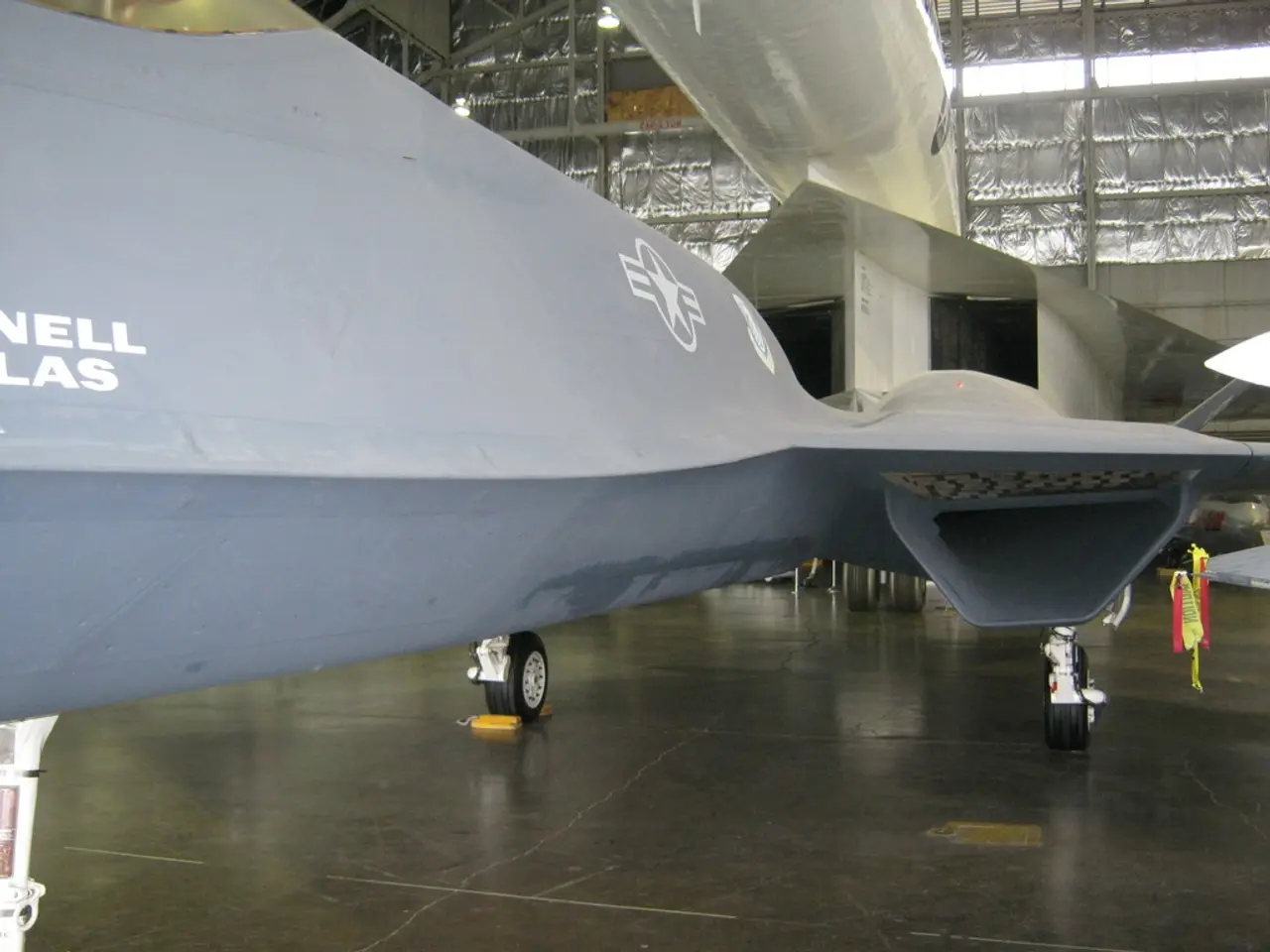Turbulent Skies: Uncooperative Travelers Turn Flying Into a Terrifying Experience
In the skies once known for their "friendly skies," air travel has become a more challenging experience due to a surge in unruly passenger behaviour. The post-pandemic era, workforce strain, mask mandates, politics, and general pent-up anger have led to onboard showdowns between passengers and flight attendants, making the current situation worse than ever before.
According to U.S. Attorney General Merrick Garland, the current situation is indeed severe, a sentiment echoed by Taylor Garland, a representative for the Association of Flight Attendants-CWA, who stated that it is the worst they have seen in their career. The Federal Aviation Administration (FAA) and airlines are taking proactive measures to address this issue.
The FAA requires airlines to report disruptive passenger incidents and follow strict compliance protocols, with potential penalties for carriers that fail to take appropriate action. Unruly passengers can face travel restrictions and fines imposed by the FAA, aiming to deter misconduct and maintain safety onboard. In some cases, airlines cooperate with law enforcement to arrest and prosecute passengers involved in serious disturbances.
To further improve security, the FAA has mandated hardened cockpit doors since 9/11 and is working toward implementing mandatory secondary flight deck barriers. However, the implementation has been delayed by one year, causing concern among pilot associations about ongoing risks.
Airports and airlines are also focusing on reducing tensions in terminals by improving signage on etiquette and investing in technologies such as automated baggage systems and AI traffic management to streamline operations and lessen passenger frustrations that can lead to in-flight disruptions.
In an effort to protect flight crew members, the Transportation Security Administration (TSA) has reinstated its Crew Member Self-Defense (CMSD) training in July. A group of airlines stakeholders, including unions representing pilots and flight attendants, have sent a letter to U.S. Attorney General Merrick Garland demanding more action against rowdy passengers, requesting the "full and public prosecution of onboard acts of violence."
The FAA's zero-tolerance policy for passengers who assault, threaten, intimidate, or interfere with a crewmember is considered helpful, but not all passengers are deterred. Incidents include a passenger trying to breach the cockpit, punching a flight attendant, scuffling with crew members, throwing food, drinking alcohol not served by the airline, and assaulting a female flight attendant.
The federal mask mandate, requiring most travelers to wear masks in all transportation networks, including at airports, on planes, and on buses, is also contributing to tensions on flights. The mask mandate is still in place to protect everyone onboard from COVID-19, as not everyone is vaccinated or has access to the vaccine.
Public address announcements in airports and onboard messages warn of fines and possible criminal prosecutions for disruptive passengers. As of the current date, there are 465 ongoing investigations into assault or threats of assault on crewmembers, and since the start of the year, there have been more than 3,000 reports of disruptive passengers.
An unusual case of air rage occurred in October 1995 on a flight from Buenos Aires to New York, involving an intoxicated investment banker named Gerard Finneran who defecated on a food-service cart after threatening cabin crew members. Finneran pled guilty to one misdemeanor count and paid over $50,000 in clean-up costs and airfare reimbursement to passengers.
Despite these challenges, the FAA and airlines are committed to ensuring a safe and enjoyable flying experience for all passengers. The coordinated approach combines enforcement, infrastructure, and preventive measures to manage and mitigate unruly passenger behaviour in air travel.
- Despite the surge in unruly passenger behavior, the FAA and airlines are taking proactive measures to mitigate this issue, such as implementing stricter compliance protocols, travel restrictions, fines, and arresting passengers involved in serious disturbances.
- In an effort to streamline operations and reduce tensions, airports and airlines are investing in technologies like automated baggage systems, AI traffic management, and improving signage on airport etiquette.
- Criminal acts on flights have made headlines, with cases like the 1995 air rage incident involving an intoxicated investment banker who defecated on a food-service cart and was fined and required to pay compensation. Today, the FAA and airlines are addressing these incidents through a coordinated approach that includes enforcement, infrastructure, and preventive measures.




